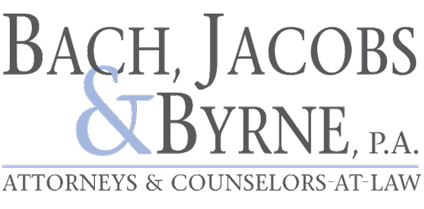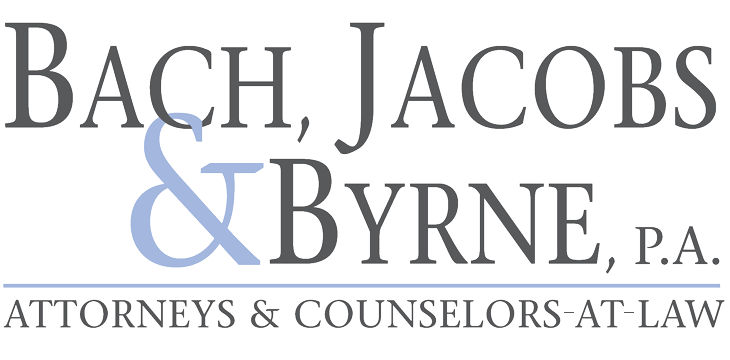Is it a good idea to have joint ownership of bank accounts?
As you get older, you may find yourself needing assistance paying bills and managing finances. Oftentimes, seniors will add their children and loved ones as co-owners to bank accounts. It is important to know that there are advantages and disadvantages to having joint ownership of bank accounts.
A joint owner has complete access to your account and can make any withdrawals he or she wishes to make. The joint owner can make these withdrawals and write checks without your permission. While this may not cause any problems with a trusted person as your co-owner, it can lead to bad circumstances if the person is acting against your interest. It is also important to remember that your assets in the joint account are reachable by your co-owner’s creditors once their name is on the account.
A common misconception regarding Medicaid and jointly-owned accounts is that Medicaid will see the account as being owned in half by the applicant and half by the co-owner. However, the case is actually that Medicaid will view the account as belonging solely to the applicant. Thus, the Medicaid applicant has the job of proving otherwise.
Lastly, when you pass away, the remaining assets in the account will become the property of the co-owner, regardless of whether you want them passed along to that individual. While that is an easy and convenient method of transferring assets, it can problematic if you want them to be given to or shared with someone else.
When you consult with a Bach & Jacobs, P.A. attorney about your estate plan, they will analyze the titling of your assets and advise you whether joint titling is appropriate given your objectives and goals.



